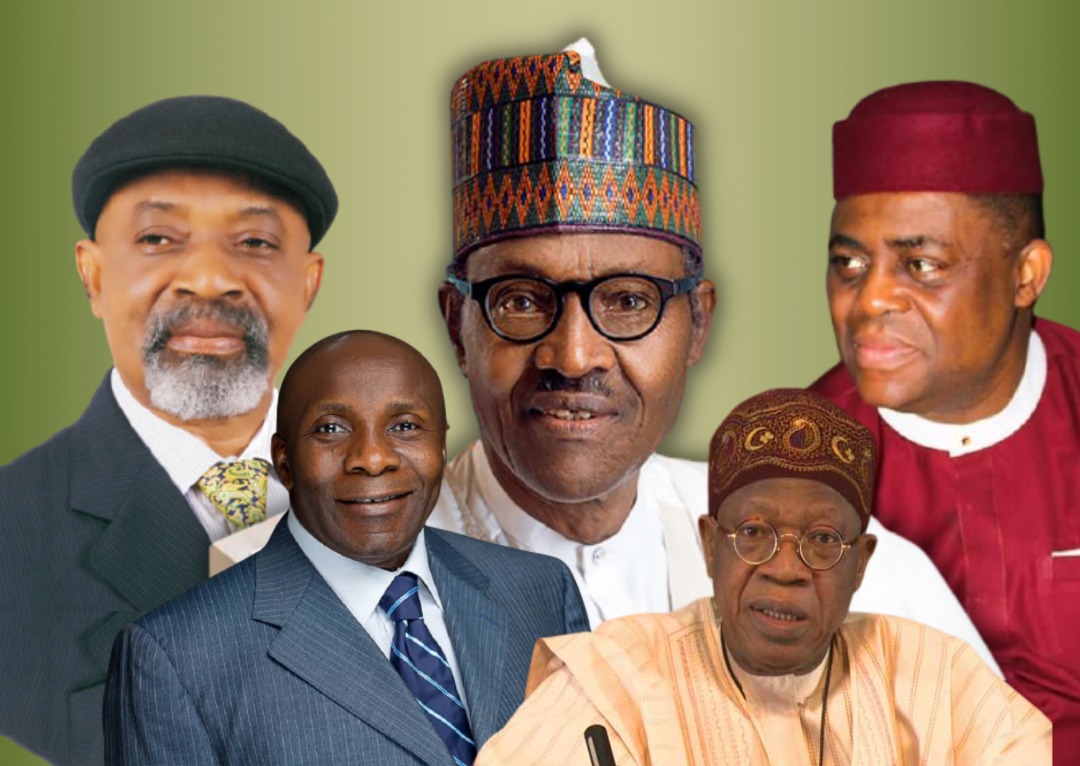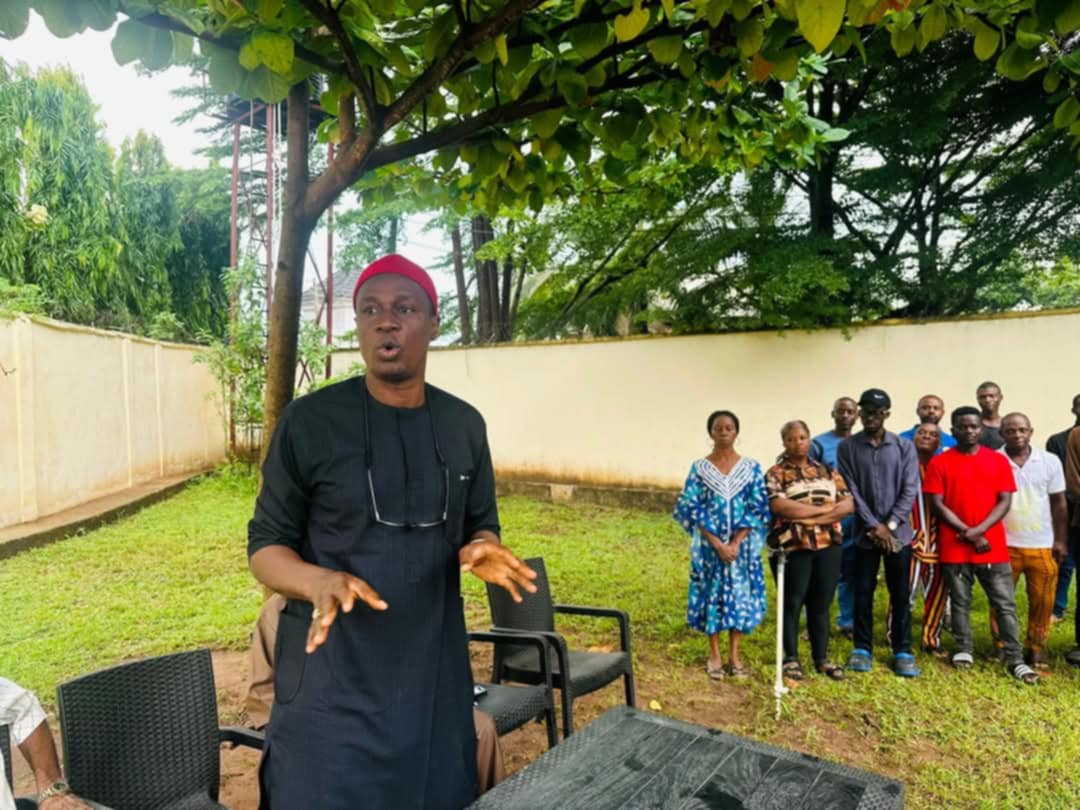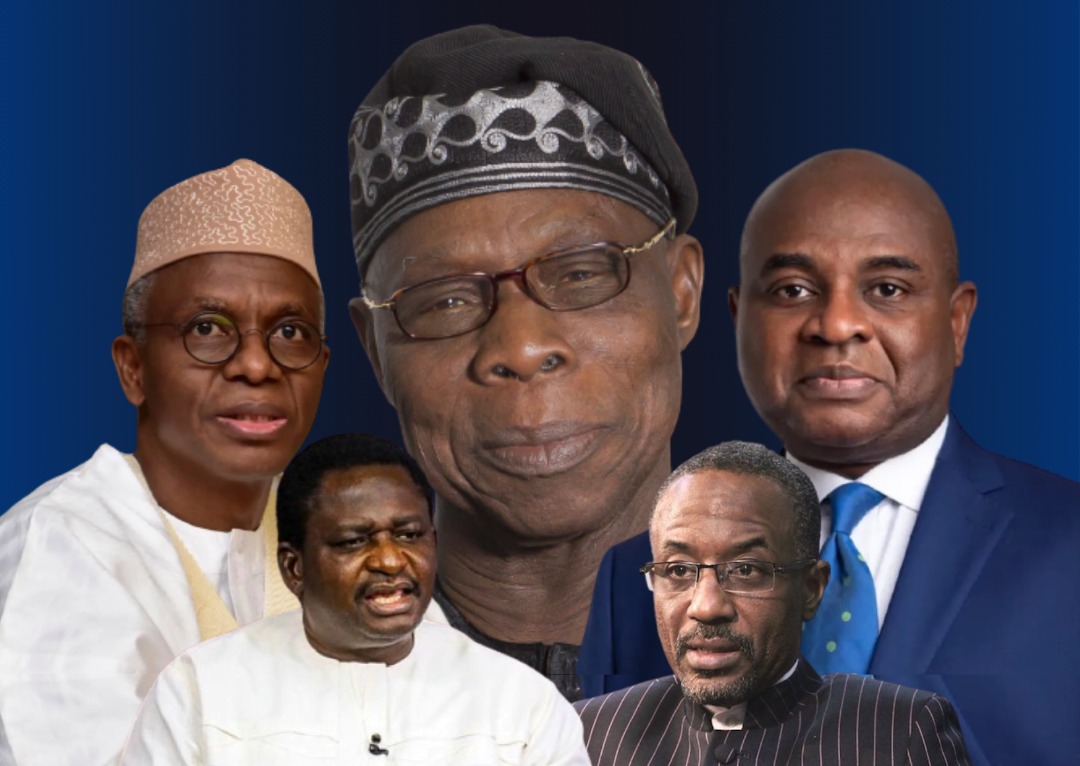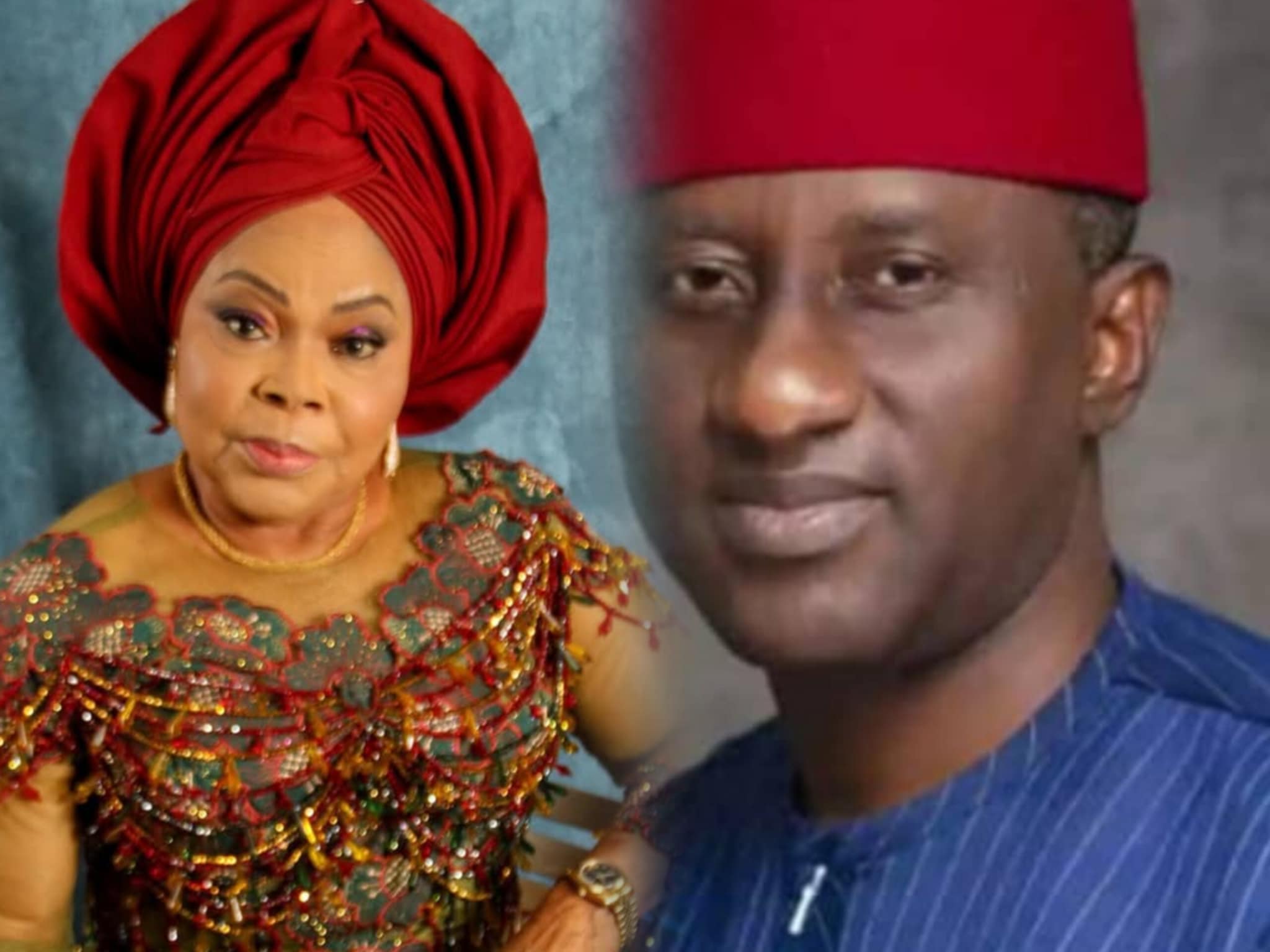The former Aviation Minister, Femi Fani-Kayode’s shameless defection to the All Progressives Congress (APC) and the lamentation by the Minister of Labour and Productivity, Chris Ngige were considered in our Politics Roundup this week.
We also considered some other stories that kept Nigerians busy past week.
Like always, we draw attention to these stories not just to refresh your memories but to also point out some of their implications to national development and why they call for concern.
1. Fani-Kayode’s shameless defection
A former Aviation Minister, Chief Femi Fani-Kayode, on Thursday, September 16 was officially presented to President Muhammadu Buhari as a member of the APC.
The former Peoples Democratic Party chieftain, who use to be a fierce critic of President Buhari, and who once vowed that he would rather die than defect to the APC said after joining the ruling party:
“I spoke against Buhari from the outside, now I know him from the inside. I am not saying he is an angel or a demon. The APC I was talking about that time is not the same today. Let’s focus on unity, peace and togetherness,” Fani-Kayode said during a Tv interview after joining the ruling party.
He added, “There is a time to condemn and criticise people. There is also a time to come together, work together to achieve unity.”
Implications
Fani-Kayode’s actions only portray how ‘shameless’ some Nigerian politicians can be.
The defection to the very party he said he would only ‘join under his dead body’, also shows how selfishness drives the positions of Nigerian politicians.
The event is a clear case of lack of ideology, honour, morality and integrity among the political class.
It further goes to support the argument of many critics that there is nothing different between the ruling APC and the PDP.
2. Ngige’s lament
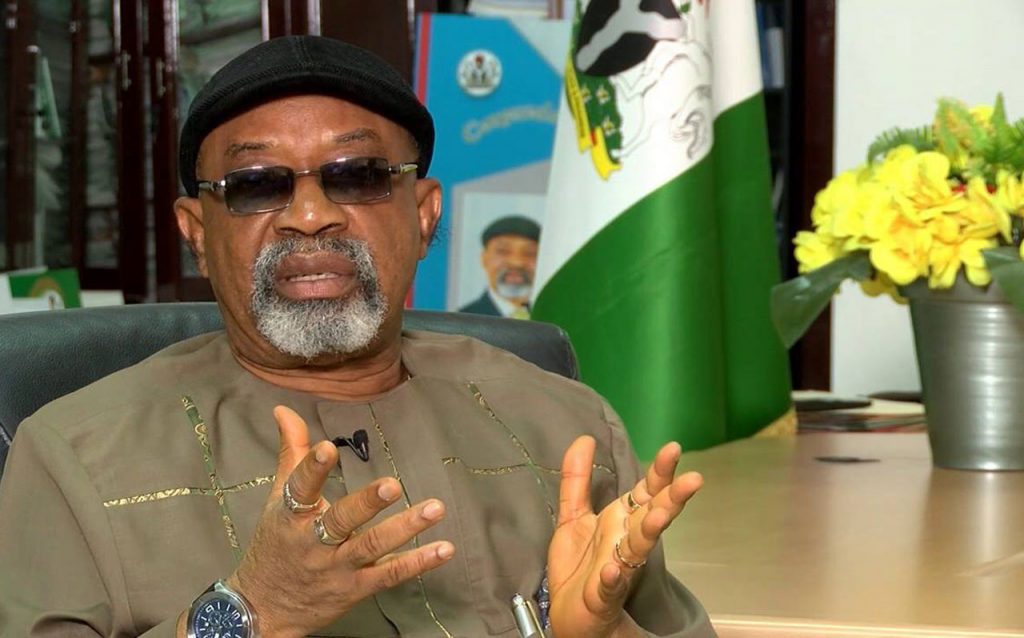
The Minister of Labour and Productivity, Chris Ngige, on Tuesday, September 14 said that Nigeria as a country is in trouble and facing a cyclic problem.
The minister who spoke during the inaugural partnership economy summit organised by the Ministry of Special Duties and Intergovernmental Affairs, in Abuja, said:
“We are in trouble as a country. We are in trouble and anybody who tells you he doesn’t know we are in trouble is lying to himself. We are facing a problem that is cyclic, one begat the other. It is left for you and me, the elite, to decide to save ourselves, save our children and save our country,”
He added that if Nigeria fails to tackle the problem of education and employment, “we will continue like this until this country might be wiped out completely; we don’t pray for that. We must give education to the people at the grassroots.”
Implications
The fears expressed by Ngige are too glaring for all to see. The alarming level of insecurity in the country currently calls for serious concerns.
It is glaring from what Ngige said that the political elite knows what is promoting insecurity in the country and what needs to be done to address it but have continued to shy away from doing them.
The fact of the matter is that as things are currently in Nigeria, no one is safe, not even the country. Therefore, taking the right steps to curtail the menace remains an urgent action that everyone, especially the political class must take to save the future of the country.
3. Buhari’s penchant for borrowing

Nigeria’s penchant for borrowing continued on Tuesday, September 14, with President Muhammadu Buhari seeking the approval of the National Assembly to borrow another $4 billion ($4,054,476,863) and €710 million loans from bilateral and multilateral organisations to fund the deficit in the 2021 budget.
In a letter to the Senate, which was read out by Senate President Ahmad Lawan, at the start of plenary on Tuesday, Buhari wrote:
“I write on the above subject and submit the attached addendum to the proposed 2018-2020 external rolling borrowing plan for the consideration and concurrent approval of the Senate for the same to become effective.
“The distinguished senate president may recall that you submitted a request on 2018-2020 borrowing plan for the approval of the senate in May 2021.
“However, in view of other emerging needs and to ensure that all critical projects approved by FEC as of June 2021 are incorporated, I hereby forward an addendum to the proposed borrowing plan.
“The projects listed in the external borrowing plan are to be financed through sovereign loans from the World Bank, French Development Agency, EXIM Bank and IFAD in the total sum of $4,054,476,863 and €710 million and grant components of $125 million.”
Implications
It is worrisome that the Federal Government keeps soliciting for loans without a clear agenda on how to create wealth and align the cost of governance with dwindling revenue.
With the Federal Government’s penchant for borrowing rather than looking into cutting the cost of maintaining the lifestyles of political office holders at both the national and sub-national levels, the Buhari administration must accept responsibility for the attendant chaos and rising poverty among the populace.
One expects that the parlous state of the nation’s economy should worry the government to devise other means of survival rather than going to borrow money every now and then.
4. APC’s justification for endless borrowing
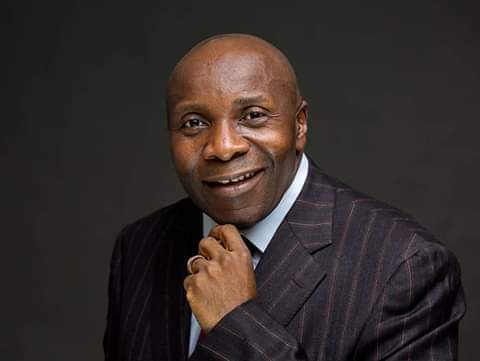
The APC on Wednesday, September 15, justified the Buhari-led government’s request to the National Assembly for another foreign loan of about N2.66 trillion ($4 billion and €710 million).
In his defence of the loan, the National Secretary of APC Caretaker and Extra-ordinary Convention Planning Committee, John Akpanudoedehe, said in Abuja:
“Borrowings by the President Muhammadu Buhari-led federal government are for the good of the country as the money is used to develop critical infrastructure that is stimulating economic growth, generating jobs, reducing poverty and improving the general well-being of the citizenry.”
Implications
Given the level of poverty and hunger in the land, it is difficult for ordinary Nigerians to accept reasons the APC gave on why the current administration continues to borrow foreign loans, though the reason sounds interesting.
Without a clear cut out on how these loans can be repaid under the prevailing economic situation in the country, the loans portend some danger ahead for Nigeria’s ever rising population.
The fear of the future of the coming generation being mortgaged is really worrisome.
5. Lai’s unending promises on unbanning Twitter
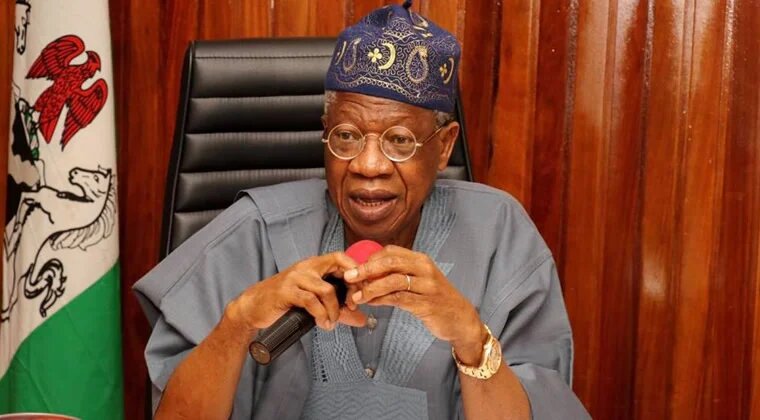
The Minister of Information and Culture, Lai Mohammed, on Wednesday, September 15, reiterated that the Federal Government would soon lift the ban placed on home subscription to Twitter, “in a few days’ time.”
Mohammed, while answering questions from State House correspondents at the end of Wednesday’s cabinet meeting chaired by President Muhammadu Buhari said:
“I think even Twitter itself two days ago gave what I will call a progress report on our talks with them, and I think if I want to quote them rightly, it has been productive and quite respectful.
“And as to the qualifying word for when or how soon, I want to assure you that the time that Twitter operation has been suspended, between the time it has been suspended, and when it will be restored is by far, much, much shorter.
“That I can assure you that it is by far in other words, if the operation has been suspended for about 100 days now, I can tell that we’re just actually talking about a few, just a few more days now.”
Implications
Lai Mohammed’s constant promises that the ban placed on Twitter operations in Nigeria would soon be lifted have become boring.
Nigerians are tired of hearing promises such as ‘we will soon lift the ban on Twitter’, ‘we will lift the ban on Twitter in a few more days’.
When Lai and the government he represents are ready to lift the ban, they should go ahead and do so and stop disturbing Nigerians, who seem to have moved on with or without Twitter.
